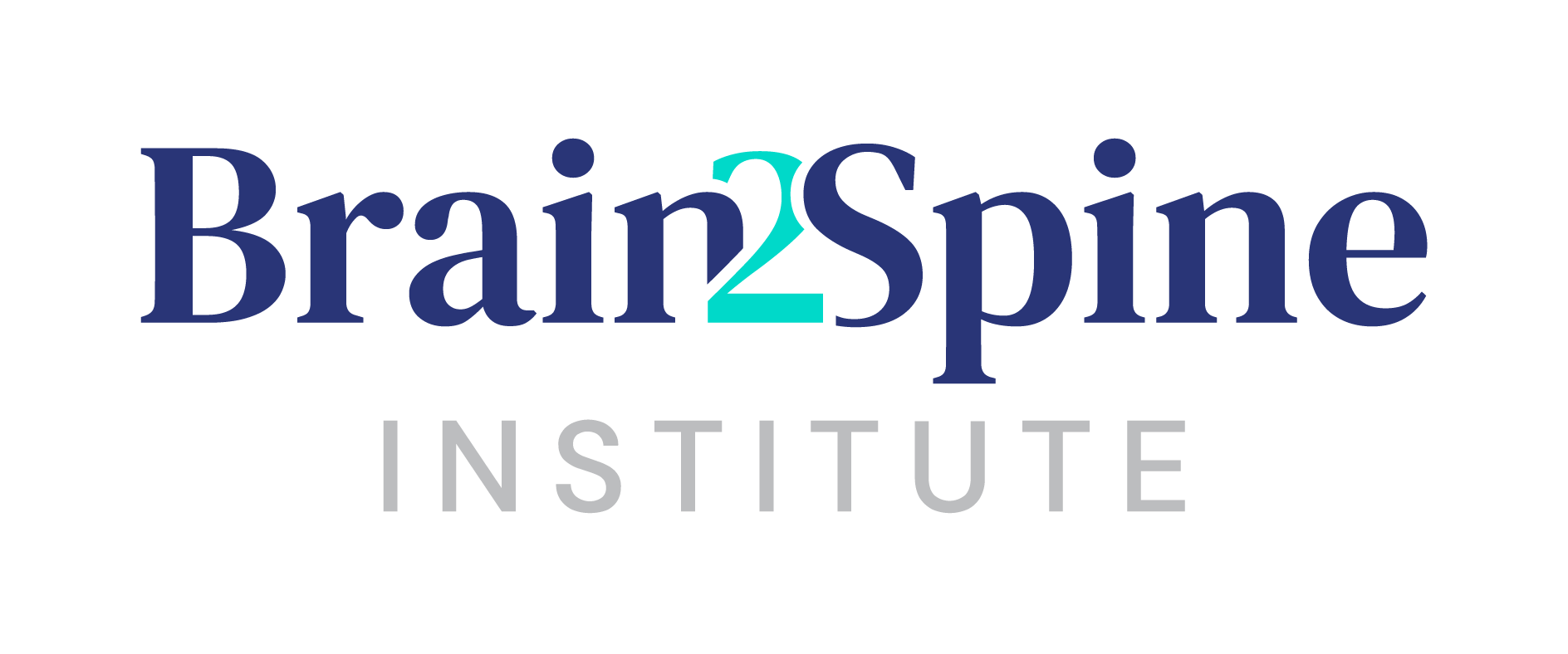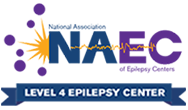An aneurysm is a weak or thin spot on an artery in the brain that causes a balloon or bulging effect. Aneurysms themselves often have no symptoms, but if they rupture, they can lead to life-threatening internal bleeding. Approximately 30,000 Americans per year will suffer a ruptured brain aneurysm, and 40% of these cases are fatal.
While that sounds scary, it is also worth noting that aneurysms are relatively rare. Only 3-5 percent of Americans will have an aneurysm in their lifetime, and some of those aneurysms may never even rupture.
Aneurysms Symptoms
Unruptured aneurysms often have no symptoms. In fact, many people with aneurysms are otherwise completely healthy. If there are symptoms associated with an unruptured aneurysm, they may indicate the aneurysm is quite large. These symptoms include:
- Pain behind the eye
- Numbness or weakness in the body
- Paralysis on one side of the face
- Dilated pupils
- Vision changes
Ruptured aneurysms are typically always accompanied by severe and sudden symptoms, including:
- Sudden and severe headache, often the worst one ever experienced
- Double vision
- Nausea
- Neck stiffness
- Sensitivity to light
- Loss of consciousness
- Cardiac arrest
Sometimes an aneurysm may leak before completely rupturing. A leaking aneurysm may lead to a sentinel or warning headache days or weeks before the traumatic burst. Sentinel headaches only occur in a small percentage of aneurysm cases, but if you experience a sudden headache paired with any of the above symptoms, it is important to seek immediate medical attention.
Aneurysms Causes
Aneurysms occur when the walls of the arteries become weak and thin. Branch points of arteries are especially prone to developing aneurysms. Certain factors may place someone at a greater risk for developing a brain aneurysm:
- Untreated high blood pressure
- Long term cigarette smoking
- Genetic connective tissue disorders
- Family history of aneurysms
- Over 40 years old
Aneurysms Treatments
Small, unruptured aneurysms may not need any medical intervention and may be monitored for any changes. Medication and preventative measures may be taken to prevent an aneurysm from rupturing. Ruptured aneurysms will need immediate medical surgery to seal the artery and correct internal bleeding.
For a comprehensive evaluation from the experts at Brain2Spine Institute, call 727-828-8400.
If you have suffered a severe brain injury, join the Tampa Bay Brain Injury Support Group, an inclusive community of brain injury survivors and caregivers.






